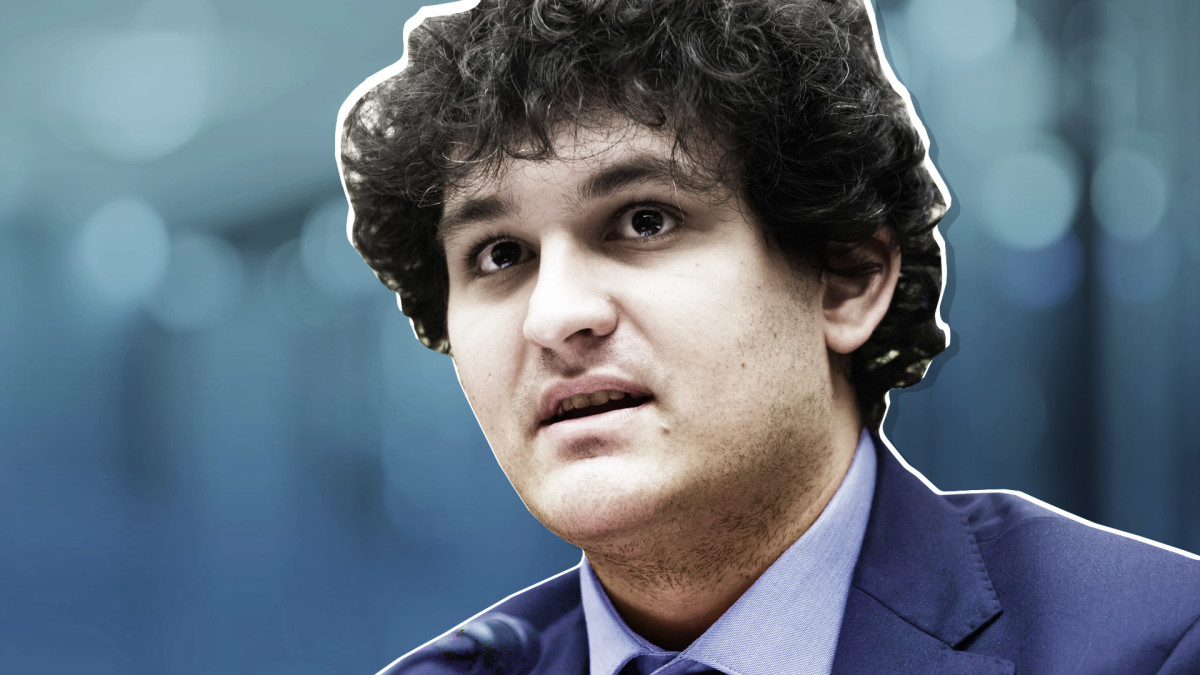He has been called the "white knight" of the crypto space.
Sam Bankman-Fried, founder and CEO of the cryptocurrency exchange FTX, has made something of name for himself bailing out companies that have withered in the face of the "crypto winter."
The 30-year-old billionaire, often referred to as SBF, told NPR in an interview that "I do feel like we have a responsibility to seriously consider stepping in, even if it is at a loss to ourselves, to stem contagion."
FTX seemed to rise above the crypto bloodshed, with revenue soaring 1,000% in 2021.
Over the summer FTX inked a deal with BlockFi that gives the exchange the option to buy the troubled crypto lender for up to $240 million. The agreement also includes a $400 million revolving credit facility.
More recently, Bankman-Fried concluded a deal with Anthony Scaramucci, who was ever-so-briefly White House director of communications under former president Donald Trump.
FTX Ventures will acquire 30% of Skybridge Capital, the alternative investment company founded by Scaramucci, aka "The Mooch."
"FTX Ventures' investment will provide SkyBridge additional working capital to fund growth initiatives and new product launches," the companies said in a press release. "Further, SkyBridge will use a portion of the proceeds to purchase $40 million in cryptocurrencies to hold on its corporate balance sheet as a long-term investment."
FTX successfully bid $1.4 billion for the bankrupt lender Voyager, which was hit hard by Three Arrows Capital defaulting on a $670 million dollar loan.
Now, however, it looks like the white knight's armor might be a little tarnished.
FTX US and Bankman-Fried are the subjects of an investigation by the Texas State Securities Board for allegedly offering unregistered securities products in the U.S. through its yield-bearing services.
The board's director of enforcement, Joseph Rotunda, said in a court filing that "these products appear similar to the yield-bearing depository accounts offered by Voyager Digital LTD et al., and the Enforcement Division is now investigating FTX trading, FTX US, and their principals, including Sam Bankman-Fried."
Rotunda filed the allegation with the bankruptcy court overseeing the potential sale of Voyager's assets to FTX.
FTX did not immediately respond to a request for comment. The company told Bloomberg that “we have an active application for a license which has been pending, and believe we are operating fully within the bounds of what we can do in the interim."
“We are working exceptionally hard to ensure Voyager customers get to the best possible outcome — which we believe will happen if our bid to give assets back to users is approved by the Voyager bankruptcy court," the statement said.
Rotunda said he downloaded the FTX app to his phone and created an account. He described how he transferred $50 from his bank account and Ethereum from a 3.0 wallet to the FTX account
The filing cited a list of location restrictions on the FTX website that said "FTX does not onboard or provide services to personal accounts of current residents" of the U.S., Cuba, Crimea, and other locations.
Rotunda said the yield program "appears to [be] an investment contract…and as such appears to be regulated as a security in Texas" and that FTX may be "offering unregistered or unpermitted securities for sale in Texas."
In addition, "FTX Trading and FTX US may not be fully disclosing all known material facts to clients prior to opening accounts and earning yield, thereby possibly engaging in fraud and/or making offers containing statements that are materially misleading or otherwise likely to deceive the public," the complaint said
Rotunda said FTX US "should not be permitted to purchase the assets of the debtor unless or until" the commission determines whether FTX US is complying the law.
Author
Administraroot


